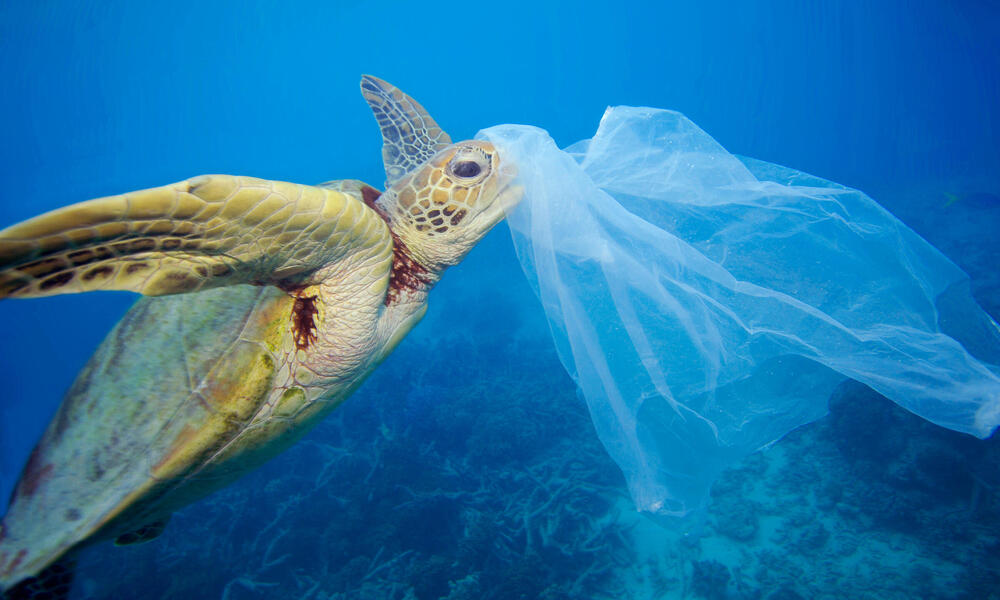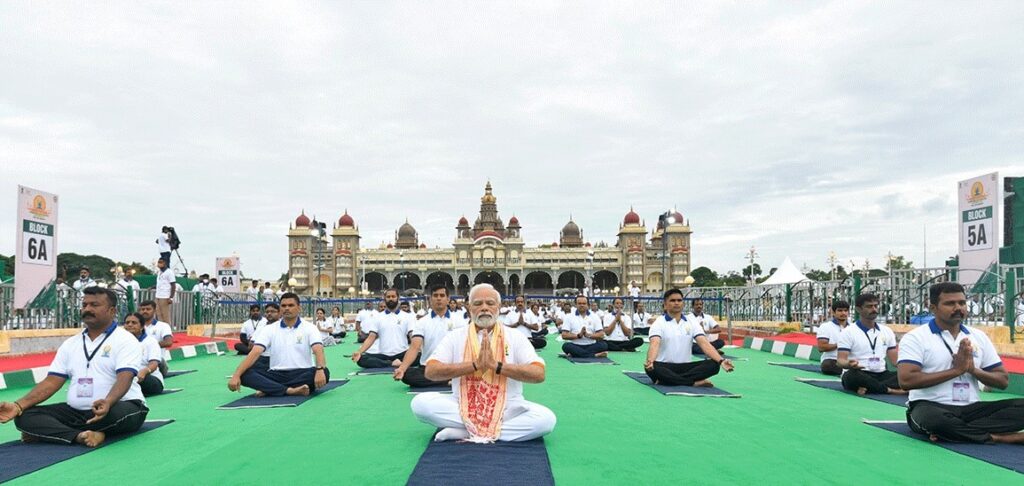The Road to Circularity: Key Insights on the Transition to a Circular Economy in India
Interview with Ms. Shalini Goyal Bhalla, Managing Director of International Council for Circular Economy. Examining India’s environmental challenges, including the impact of consumer awareness, and the innovative solutions advancing sustainable practices nationwide.
India is making significant strides towards adopting a circular economy. But if EU’s commitment to achieving a carbon-neutral circular economy by 2050 may serve as an benchmark, it is clear that this transition involves rethinking how products are designed, used, and disposed of, aiming to minimize waste and make the most of resources.
Read REVOLVE’s interview with Ms. Shalini Goyal Bhalla, the author “Circular Economy: (Re) Emerging Movement” – India’s very first book on the subject.
What are the main challenges faced by Indian businesses and municipalities in transitioning to a circular economy?
We have seen an increasing interest in Circularity among both Indian businesses and municipalities, but they still face several challenges in transitioning to a circular economy. One significant issue is the technology gap, which hinders the adoption of innovative solutions for sustainable practices. There is also a lack of comprehensive data to inform and support strategic decisions in this transition.
Many stakeholders mistakenly equate the circular economy solely with recycling, overlooking other vital aspects such as upstream innovation and sustainable design.
Sustainability officers often focus on downstream efforts, ignoring the potential for upstream innovation. Finally, a lack of vision and commitment at the senior level can impede the implementation of circular economy principles. Addressing these challenges requires targeted education, policy support, and investment in new technologies and data collection.
How is consumer behaviour evolving in response to circular economy initiatives, and what role does awareness play?
Consumer behaviour is evolving significantly in response to circular economy initiatives, with an increasing focus on sustainability. More consumers are now prioritizing products that are sustainable, environmentally friendly, and ethically produced. This shift is largely driven by a growing awareness of environmental issues and the benefits of sustainable products.
As awareness continues to rise, the demand for sustainable products is expected to grow further.
This trend underscores the crucial role of awareness in shaping consumer choices and steering the market toward more sustainable practices. A notable example is the impact of awareness campaigns such as those highlighting turtles and fish suffocating in plastic bags, which have profoundly influenced public perception. These campaigns have heightened consumer consciousness about the environmental impacts of plastic waste, leading to an increased demand for sustainable products. This demonstrates that raising awareness can significantly drive change, encouraging consumers to adopt more circular practices and support sustainable products.

Can you share some successful examples of circular economy implementations in India that could serve as models for other regions?
In India, several initiatives exemplify successful circular economy implementations, promoting sustainability and innovation. The promotion of yoga as a holistic approach to health showcases a cultural shift towards sustainable living practices. The Mission LiFE (Lifestyle for Environment), introduced by the Honorable Prime Minister Modi at COP28, emphasizes individual actions for environmental conservation. Additionally, India’s digital public infrastructure (DPI), such as the Unified Payments Interface (UPI), has revolutionized financial transactions, promoting paperless and cashless economies. On an entrepreneurial side, we have NGO’s that are focusing on recycling urban waste into useful products like clothing and sanitary pads. They leverage urban waste materials and local skills to meet rural development needs. Under Swachh Bharat Mission, many companies have collaborated with municipalities and corporates to create sustainable waste management systems. They use data-driven approaches to optimize waste collection and recycling. On the design front, some start-ups are producing 100% biodegradable and compostable tableware made from agricultural residues. Such innovation reduces reliance on plastic and supports sustainable practices. These initiatives demonstrate how cultural, technological, and policy frameworks can support a circular economy, providing valuable models for other regions.

What are the ICCE’s strategic goals for advancing circular economy practices in India, and how are these goals aligned with the country’s sustainability objectives?
The International Council for Circular Economy (ICCE) is dedicated to advancing circular economy practices in India through several strategic initiatives. We collaborate with policymakers to develop and implement frameworks that enhance resource efficiency and waste reduction, aligning with national sustainability targets. Our partnerships with educational institutions focus on providing training and resources to build a skilled workforce adept in circular economy principles, supporting India’s goals for sustainable development and innovation. As a think tank, we facilitate collaborations between businesses, governments, and academic institutions to create a unified approach to circular economy practices, driving both sustainability and economic growth. ICCE also raises awareness of the benefits of circular economy principles, in line with India’s Mission LiFE, which promotes sustainable living. Additionally, we emphasize the role of technology and innovation by working with start-ups and corporations to foster a transition to a more sustainable and resilient economy.
You hosted the Indian Circular Economy Forum 2024, which was held on 29-30 June. What are the primary objectives of the Indian Circular Economy Forum, and how do they align with the broader goals of ICCE?
The India Circular Economy Forum (ICEF) 2024 is an annual knowledge forum that aims to drive an impactful change in the Circular Economy arena in India. The forum seeks to raise awareness of circular economy practices among policymakers, industry leaders, and the public. It serves as a platform for collaboration among businesses, government agencies, and academic institutions to advance circular economy initiatives. Each year, the forum highlights a specific theme; this year’s focus was on Innovation, Technology, and business models that promote circularity, featuring successful case studies and best practices. The forum also advocates for policy frameworks that facilitate the transition to a circular economy, aligning with both national and global sustainability goals.
For more opinion pieces about India’s sustainability practices, read REVOLVE’s coverage on the 2024 Indian Circular Economy Forum in Delhi. And for a different interview on the subject, try India’s Push for Cold Chain Technology.
